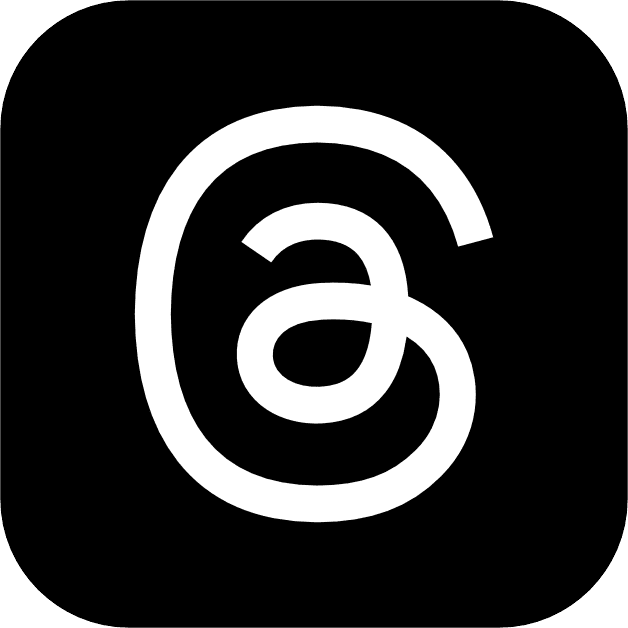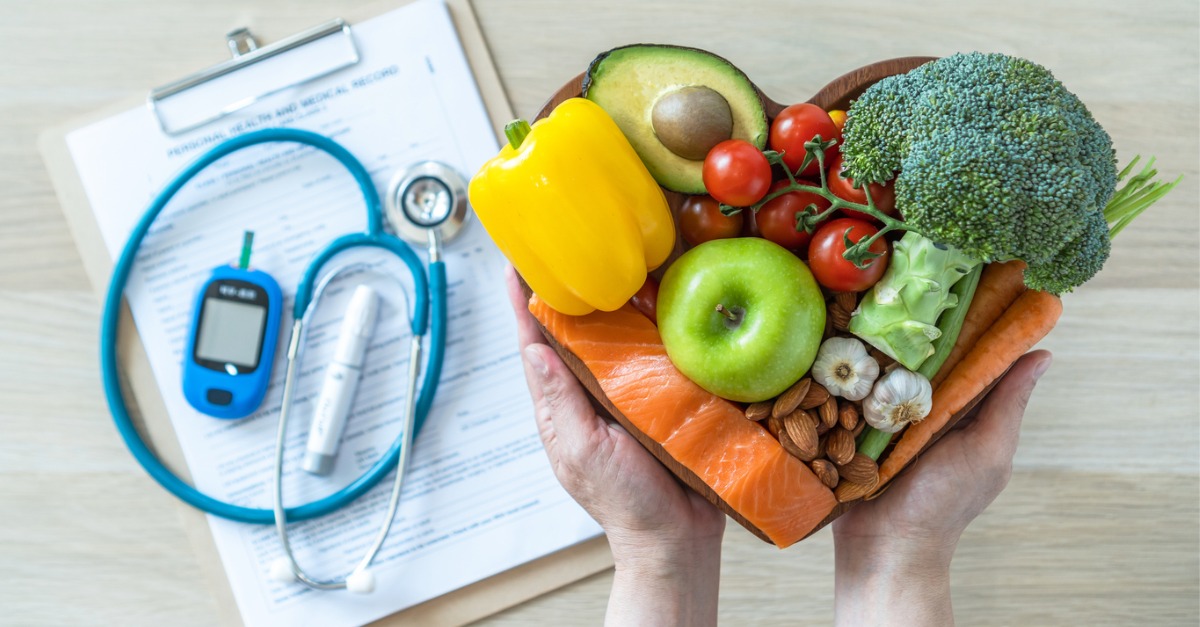- About
- News
- Careers
- Contact
- Serving the Lowcountry and Coastal Empire of Georgia and South Carolina.
-
MOBILE
APP






Serving the Lowcountry and Coastal Empire of Georgia and South Carolina.
Wednesday, August 9, 2023

There are many steps you can take to safeguard your heart, keeping it (and therefore the rest of your body) strong and healthy. Having a clear understanding of cholesterol and how to manage your levels is one of them. As your partners in whole health, here is a breakdown of what cholesterol is, and steps you can take to keep it from negatively impacting your heart.
A good deal of grocery store packaging often includes words like “low in cholesterol,” but why is that important? Is all cholesterol bad? The answer is no. This waxy substance is in fact necessary for your body to build cells, hormones, and vitamins, and is naturally created in your liver. The animal proteins we eat (meat, eggs, and dairy) also provide more of the cholesterol our body needs.
When we consume too much of these foods however, the high levels of trans and saturated fats in them can trigger our livers to produce more cholesterol than is healthy.
This is why paying attention to your intake of trans and saturated fats, along with what type of cholesterol you’re consuming is important. Two different lipoproteins carry cholesterol throughout your body: low-density lipoprotein (LDL) and high-density lipoprotein (HDL). Though you may think LDL is better for you because it has ‘low-density’ in its name, too much of it can cause fatty buildups in your arteries, which may lead to atherosclerosis or other heart and circulatory distress.
While HDL can help carry LDL cholesterol away from your heart and arteries, no matter how high those levels are, its effectiveness is limited. Really only about a third of your blood’s total LDL levels can be carried by HDL lipoproteins at one time.
Regularly monitoring the levels of both LDL and HDL in your bloodstream with the help of your doctor as early as childhood, and is one of the first, best ways to make adjustments for managing it.
Keeping your cholesterol levels in a healthy range is one good way to also maintain a healthy blood pressure and heart rate. To achieve both at the same time, here are some foods that can either improve or hinder your cholesterol balance.
One way to consume the protein your body needs to stay energized, while avoiding the fats that can be present in beef or pork is to swap out two meals a week with a fatty fish like tuna or salmon. The omega-3s in these filets also protect your heart by potentially preventing abnormal heart rhythms.
While it’s not advised that you go nuts with eating nuts, there are a few varieties that research has shown can lower your LDL levels and raise HDL levels at the same time. Eating 100 g of raw or dry roasted walnuts, peanuts, cashews, pecans, pistachios, and hazelnuts can be good for you, but be cautioned that the natural saturated fats in these nuts (and others) can actually raise your LDL levels if you don’t manage your portions.
You don’t have to be an oatmeal lover to gain the benefits of this whole grain. Oats have higher concentrations of certain nutrients and phytochemicals that make them particularly beneficial in terms of managing your cholesterol and cardiovascular health. Many breakfast cereals (including Cheerios) and breads include this high-fiber staple.
In general, foods high in saturated fat are not your friend. To keep your fat intake down (and therefore balance your cholesterol production), we suggest you keep fried or processed foods, processed meat like bacon or bologna, and fatty red meat or meals heavy with cheese or butter at a minimum.
Following a healthful diet is just one of the many things you can do to take care of your heart health, and several of them can simultaneously get your cholesterol levels in balance. Regular exercise, low alcohol consumption, quitting smoking, and staying within a healthy weight are all lifestyle changes you can make to improve your cholesterol numbers. But if those alone don’t do the trick, your healthcare provider can make recommendations for medication.
Our integrated approach to healthcare ensures your wellness needs are met by a collaborative team of providers. Browse through our network online to find the doctor right for your needs, or call 912-691-3600 to schedule an appointment.
Whether you are looking for a primary care doctor or a pediatrician, or another medical specialist, SouthCoast Health has you covered with its wide range of world-class healthcare services, available throughout the Coastal Empire and Lowcountry. SouthCoast Health has 120 physicians and medical professionals in 18 locations in Savannah, Richmond Hill, Pooler, Rincon, Baxley, Hilton Head, Hinesville, and Statesboro. SouthCoast Health offers comprehensive medical services including: Family Medicine, Internal Medicine, Pediatrics, Allergy and Asthma, Cardiology, Endocrinology, Eye Care, Imaging, Infectious Diseases, Nephrology, Neurology, Physical Therapy, Podiatry, Sleep Medicine, Surgery, Clinical Trial Research Studies, Diabetic Self-Management Training Sessions, Dietetic Counseling, Laboratory Services, Massage Therapy, Optical Shop, Pharmacy, and Urgent Care.